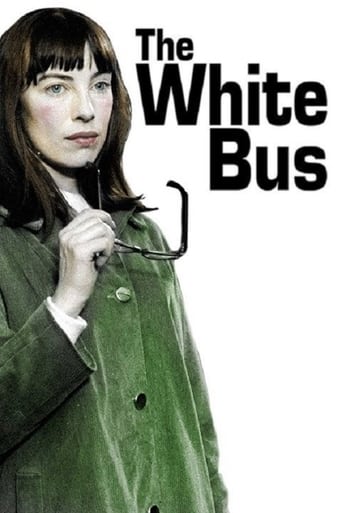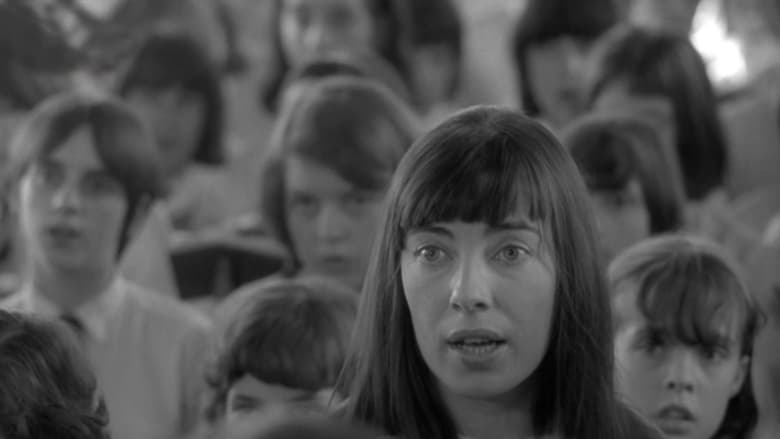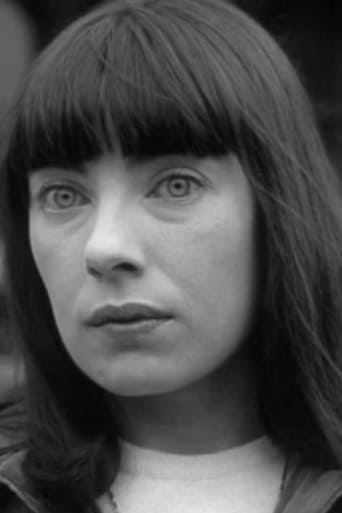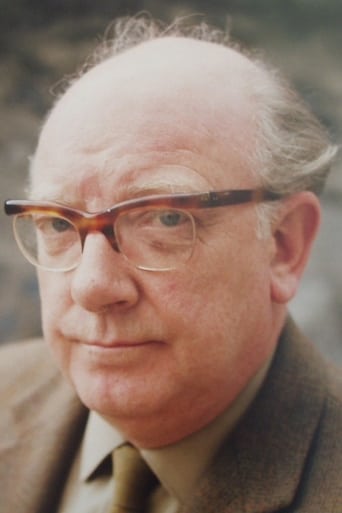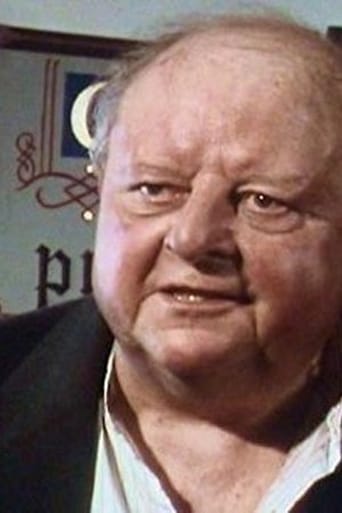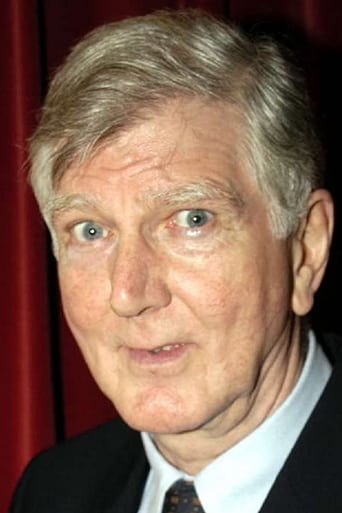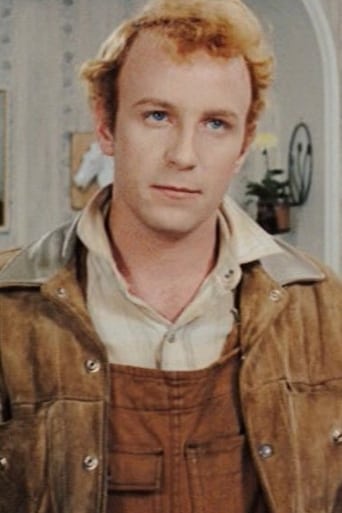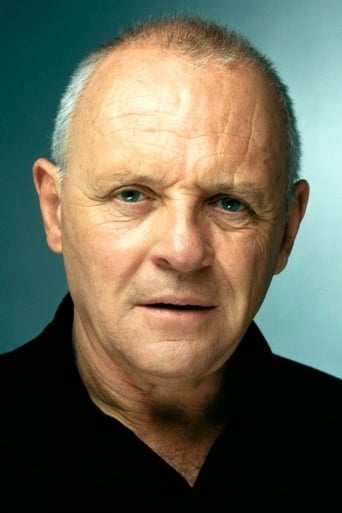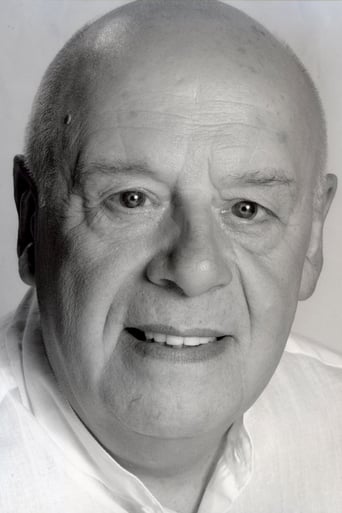A despondent young woman travels home to the North of England.


Reviews
Cute, whacky and beautifully shot surrealistic short from Lindsay Anderson which clearly foreshadows if.... which followed a year later (plus O Lucky Man and Brittania Hospital too). The same cinematographer as on if.... plus the mix of black and white and colour shots. Some key music sound cues from if... feature here for the first time plus the reading of the proverbs quote "wisdom is the principal thing..." which opens if....There's also a bit of M Hulot's theme from Mon Oncle mixed in there plus some classic Tati-esque visual humor. I guess Mr Anderson had a whole lot of stuff already brewing that would come flowing out in force a little later.Criterion definitely missed a trick not including this on the if.... DVD/Bluray - a little more relevant than the Oscar winning short about the deaf kids I'd say. All in all a charming, strange and chuckly way to spend forty minutes.
When I think about The White Bus, I think about how thoughts and ambiance spontaneously go on, because they do here just as they do in a person's mind. When I caught myself, during and after watching it, trying to pigeonhole whether it was supposed to be a hallucination, pure free association or a stream of consciousness, I hearkened back to my first experience seeing a movie directed by Lindsay Anderson, If ., which was a more realistic story, yes, but had a dreamlike lack of reason or cohesion for its stylistic and visual changeovers. Likewise, The White Bus is just a chain of imagery. But what makes it a consistent piece? Somehow, it is. Because I followed it and enjoyed it.Maybe that goes to show that "invisible style," the avoidance of indulgent cinematography because a movie exposing itself diverts from the story, is not limited to the traditional studio era. The furthest extremities of avant-garde filmmaking can still be engrossing on that very level despite being so exuberantly stylized and even seemingly fragmentary. Regardless, The White Bus, like If ., is a blurring of various lines.Lindsay Anderson and Shelagh Delaney's The White Bus is a dreamlike film about a secretary who takes a bizarre trip, part of which is set on the eponymous means of transportation. The anonymous woman has an apparently monotonous life, which is disrupted by episodic departures of imagination featuring suicide, recreations of paintings, and slices of meat that abruptly run blood-red. Flanked by these visions are the minutiae of her real life, particularly as she starts a passage home to pop in on her family. She comes across an eclectic assortment of people, an adolescent extremely annoyed that his rugby team lost, a young man who proposes marriage, a lord mayor who takes pleasure in feeling her leg, and more as she traverses to sites reaching from a community center and a public library to a natural history museum and a civil defense display. Throughout, the girl upholds a pretense of apathy or disregard, even when proceedings grow fairly unreal, as when all of her itinerant companions become human dummies in the course of the civil defense exercise. Ultimately, she enters a restaurant and eats dinner while the owners stack chairs around her, shrouding her from view and grumbling about the boundless movement of work.So we leave having experienced the incessant tide of observation, feelings, mindset and recollections in an uninterrupted, even rambling manner of visual soliloquy. But so many transitions and scenes lack outside motivation, and yet somehow have the characteristics of real experiences in that they're lucid, significant and seen in the objective outside world. Is that not hallucination? Could they be real perceptions that are delusional, accurately seen things and people given extra implications? People are frequently at odds with their necessity to be secure with themselves and their suspicions of and resistance to change and self-exposure, intentional or not. There is no linear premeditation, just spontaneous bounds and connections that potentially bring about new individual revelations and values: the sense of overtone and suggestion are a sort of thinking id. That's what I admire about The White Bus.
A strange, moody, yet captivating film that captures the atmosphere at a certain time in Britain. I love the images of the terrace houses, the back alleyways and bombed out areas. I grew up just off Holderness Road in Hull and the images gave me a flashback to that time. The air is heavy with coal smoke, the roads have few cars and kids are playing in the streets, whilst the people all look gray like in a Lowry painting. The silent parts are the best as the images speak for themselves.The humour is nicely understated. My particular favorite is the scene with the lift and the security guard.I not sure what messages the film is seeking to convey, but as an observation piece it is superb.
This film had a big impact on me. Saw first saw it on BBC2 in the 70's as part of a Anderson Retro. Originally based on Delaney's book Red, White & Zero it was a three director/stories feature film. Although the other two parts were never finished. That's why the film doesn't have titles.The reason why I loved this film was because I grew up in a slum clearance area of Liverpool. The film's landscape was exactly the same. Everything demolished - except for the pubs. I'd never seen anything like it on TV before.I recently got another chance to see it and loved it. The story follows a girl who is fed up with working in London. The shot opens with her at a desk while the legs of a hanged fellow worker dangle from the celling. She leaves London - tired and fed up - and goes home to Manchester (although parts of the film were filmed in Birmigham). She stands at a desolate bus stop in the middle of demolished terraces. When along comes the white bus - it's a tour guided ride which shows the best of the city. What makes it even more special is that the bus is on it's maiden voyage. The Lord Mayor (Arthur Lowe) and other dignitaries ride the bus on a tour of factories, libraries and even a civil defence demo. At the end of the tour the girl winds up in a small cafe watching, inside what look like married couple. Thier love and passion for the small things in life mesmerises and charms the girl - reminding her what life's all about.For Delaney it's like Charlie Bubbles - dealing with leaving your home town and looking at the effect it has on you. For Anderson it's yet another example of his cinematic poetry - like If... and Sporting Life. This film is a very special film by very special people. Oh thank you for making it.
